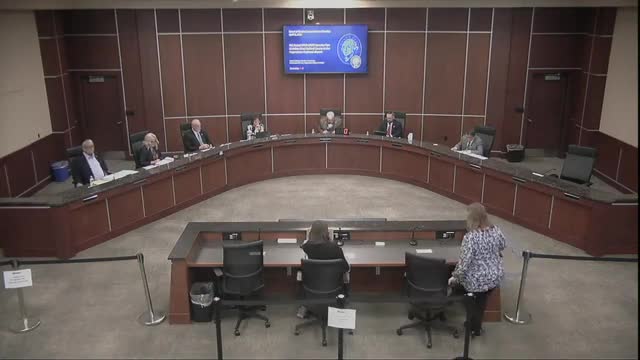Article not found
This article is no longer available. But don't worry—we've gathered other articles that discuss the same topic.
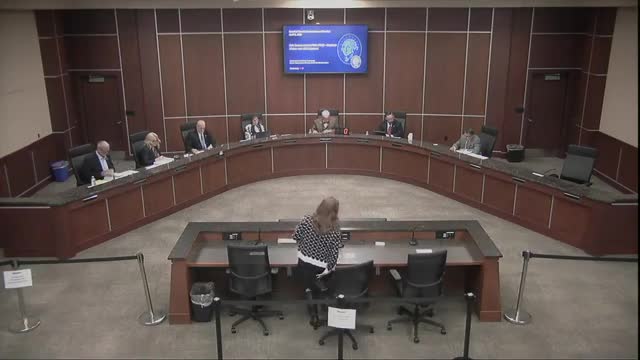
Commission approves multiple purchases: water meters, sheriff vehicles, public-safety software, CAD assessment, airport bollard covers and courthouse security
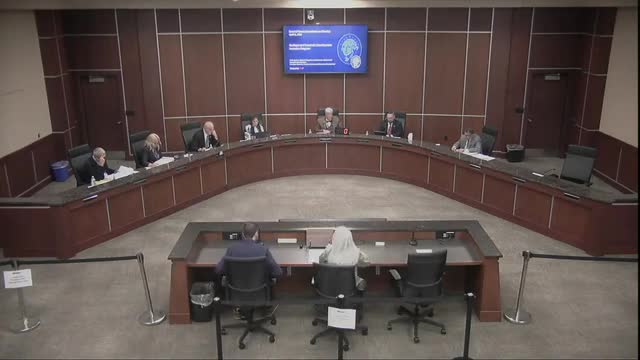
County to retire two underused economic incentive programs effective June 30, 2025
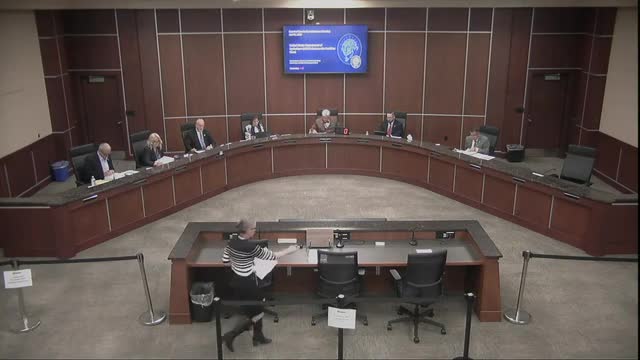
County approves multiple grant actions: USDA $1M for Tactical Village, jail MAT application, and $756,266 children's proposal; staff consensus for several local
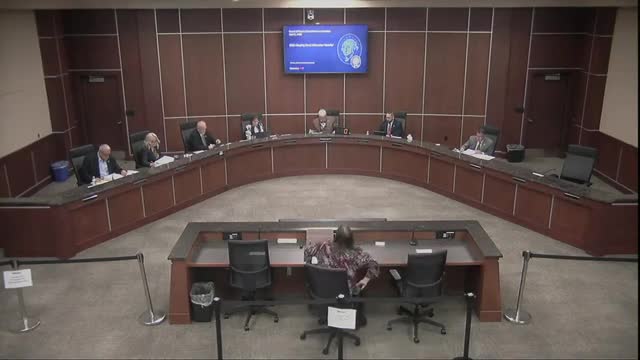
County to transfer $7.17 million in housing bond allocation back to state for administration
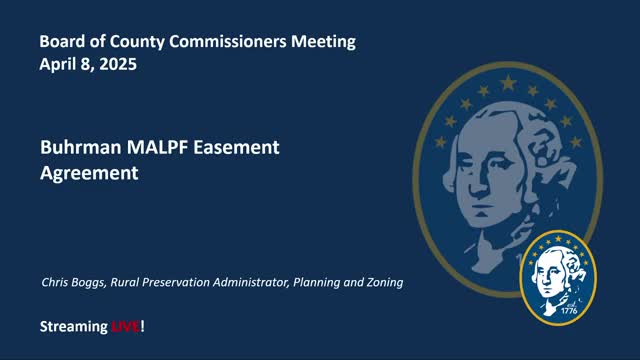
Commissioners commit $18,002.92 from county land-preservation funds to complete Berman Mount easement
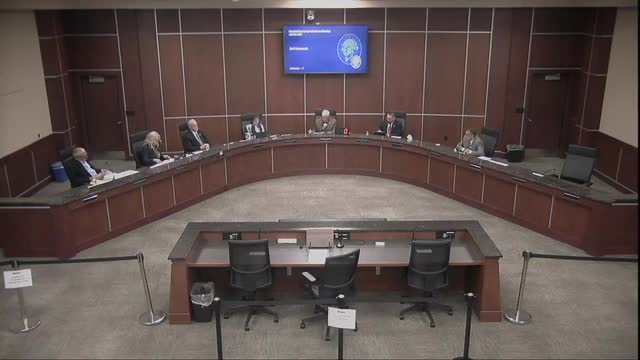
Washington County commissioners approve sale of former Fire Center at 116 W. Baltimore St.
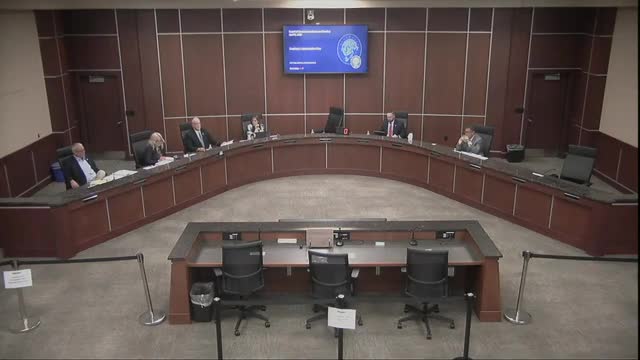
Commissioners approve employee appreciation night at Boxcars with up to $10,000 cap
